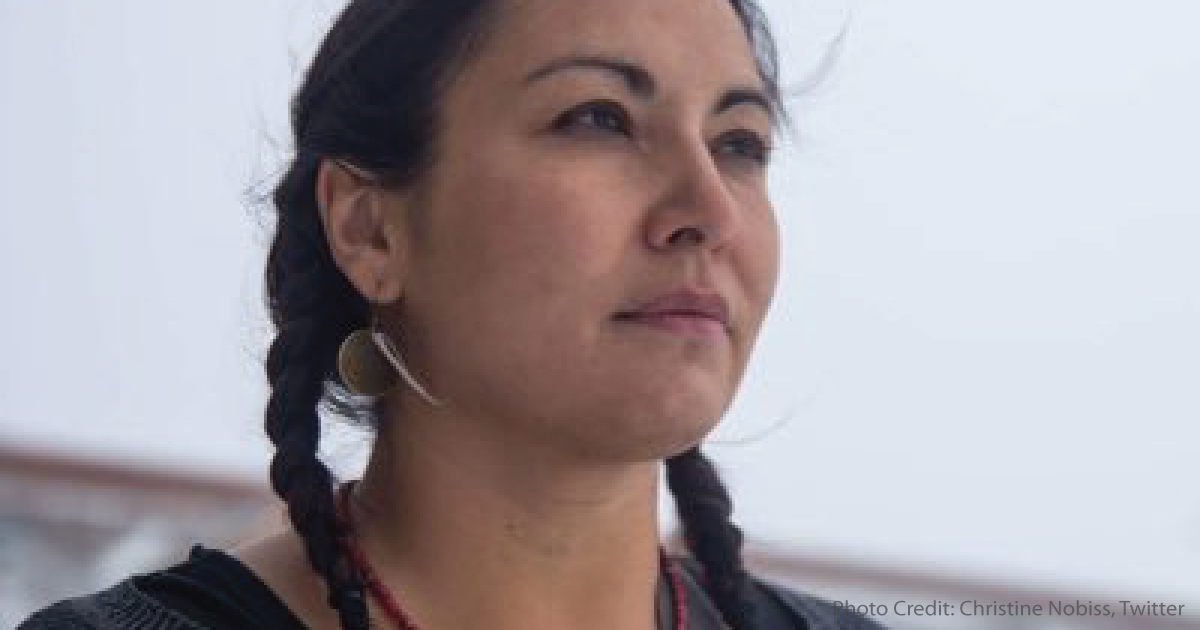
Thanksgiving Promotes Whitewashed History, So I Organized Truthsgiving Instead
There are many settler colonial mythologies about Native Americans. These widely held but false beliefs are rooted in deeply entrenched discriminatory attitudes and behaviors that are perpetuated by institutionalized racism. One of the most celebrated mythologies is the holiday of Thanksgiving, which is believed, since 1621, to be a mutually sanctioned gathering of “Indians” and Pilgrims.
November 16, 2018 | Source: Bustle | by Christine Nobiss
There are many settler colonial mythologies about Native Americans. These widely held but false beliefs are rooted in deeply entrenched discriminatory attitudes and behaviors that are perpetuated by institutionalized racism. One of the most celebrated mythologies is the holiday of Thanksgiving, which is believed, since 1621, to be a mutually sanctioned gathering of “Indians” and Pilgrims. The truth is far from the mythos of popular imagination. The real story is one where settler vigilantes unyieldingly pushed themselves into Native American homelands, and forced an uneasy gathering upon the locals.
In the words of Wamsutta Frank James, Wampanoag, “the Pilgrims had hardly explored the shores of Cape Cod four days before they had robbed the graves of my ancestors, and stolen their corn, wheat, and beans.” These words came from his 1970 Thanksgiving Day speech, which he wrote for the annual celebration of the landing of the Pilgrims held every year in Plymouth, Massachusetts.
